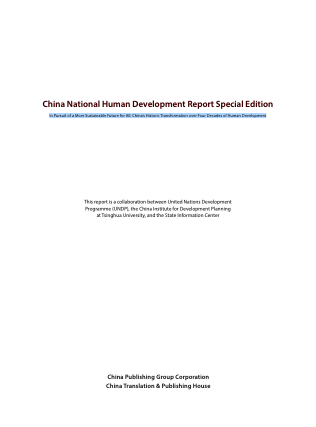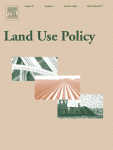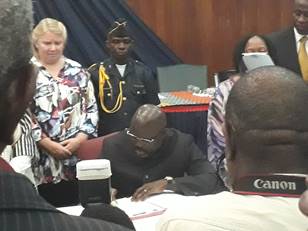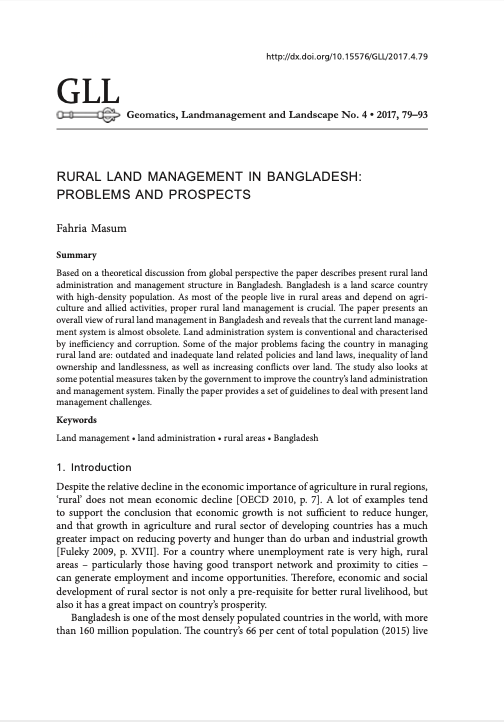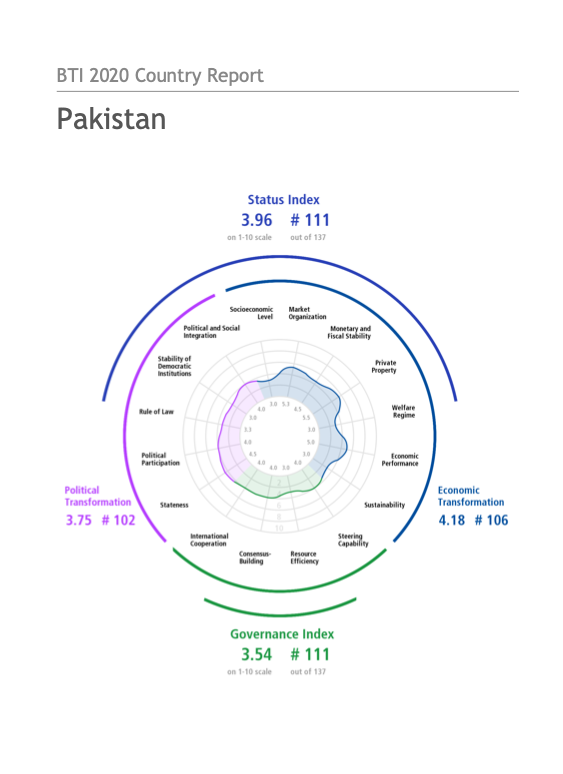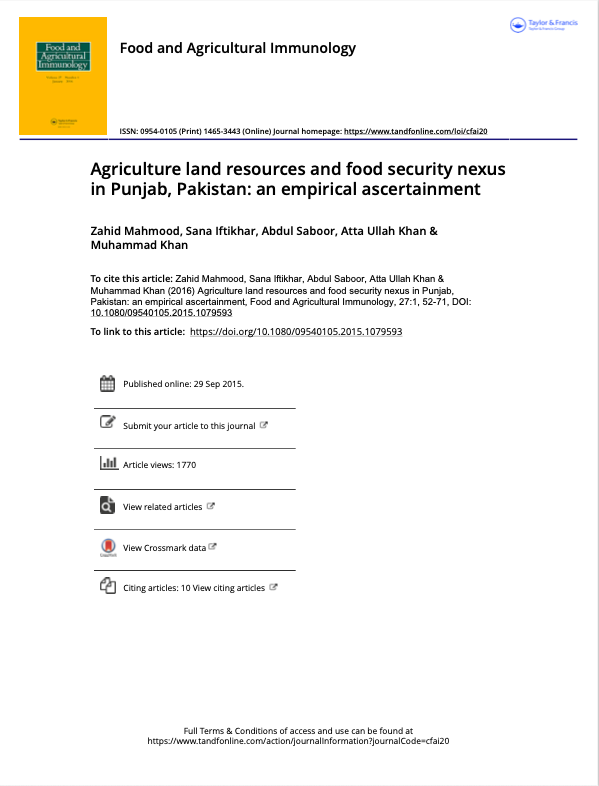Cambodia - Sharing growth : Equity and Development in Cambodia, Equity Report 2007
Cambodia's changing distribution of
income-related outcomes is consistent with the process of
transition from a planned to an open market economy, and the
accompanying growth of incomes. This transformation has
promoted better resource reallocation, expanded the spectrum
of gainful activities, and widened the distribution of
earnings. Aided by robust economic growth and improved
capacity for implementing public policies, Cambodia has seen






